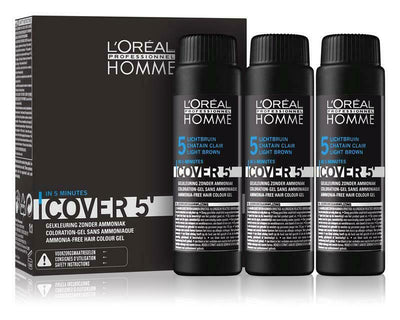How Does Your Go-To Hair Tool Affect Your Hearing Health?
Hair dryers have become an essential tool in our daily grooming routines. They help us achieve a quick and stylish look in a matter of minutes, and that can do wonders for busy people who barely have time but still want to look well put together. However, the convenience that hairdryers offer comes with potential risks, particularly concerning hearing health. The noise levels produced by your hairdryer can reach levels that may pose a threat to your auditory system, leading to various hearing-related issues. Let’s further discuss the decibel dangers associated with different types of hair dryers and their potential impact on our hearing health.
How Loud Is Your Hair Dryer?
To have a better idea of how hair dryers can affect your hearing health, it’s important to know and understand just how loud they can be. Check out this quick comparison of how loud certain types of hair dryers often tend to be.
Conventional Hair Dryers: Traditional hair dryers commonly produce noise levels ranging from 70 to 90 dB. Prolonged exposure to such high decibel levels can contribute to hearing damage, especially if used frequently over time.
Ionic Hair Dryers: Ionic hair dryers use negative ions to break down water molecules in the hair, reducing drying time. While they are often marketed as being less damaging to hair, their noise levels are comparable to conventional dryers, ranging from 70 to 85 dB.
Professional Hair Dryers: A high-powered professional hairdryer used in salons can be particularly concerning. They can emit noise levels surpassing 90 dB, putting salon workers and frequent visitors at a higher risk of hearing damage if adequate protection is not taken.
Potential Impact on Hearing Health:
Repeated and prolonged exposure to loud hairdryer noise can result in various hearing health problems including the following:
Noise-Induced Hearing Loss (NIHL): The most common consequence of exposure to high decibel levels is NIHL. It occurs gradually and is irreversible, leading to a permanent reduction in hearing sensitivity.
Tinnitus: Exposure to loud noise can cause tinnitus, a condition characterized by the perception of ringing, buzzing, or humming sounds in the ears. Tinnitus can be temporary or chronic, significantly affecting one's quality of life.
Hyperacusis: Prolonged exposure to loud sounds, such as those produced by hair dryers, can lead to hyperacusis—a decreased tolerance to everyday sounds. Normal noises may become uncomfortably loud and distressing for individuals with this condition.
So, does this mean you need to stop using your hairdryer? Not at all! Just make sure you don’t use it for too long. However, if you could go for a quieter option like a hot brush, then that would be better for your ears too.








